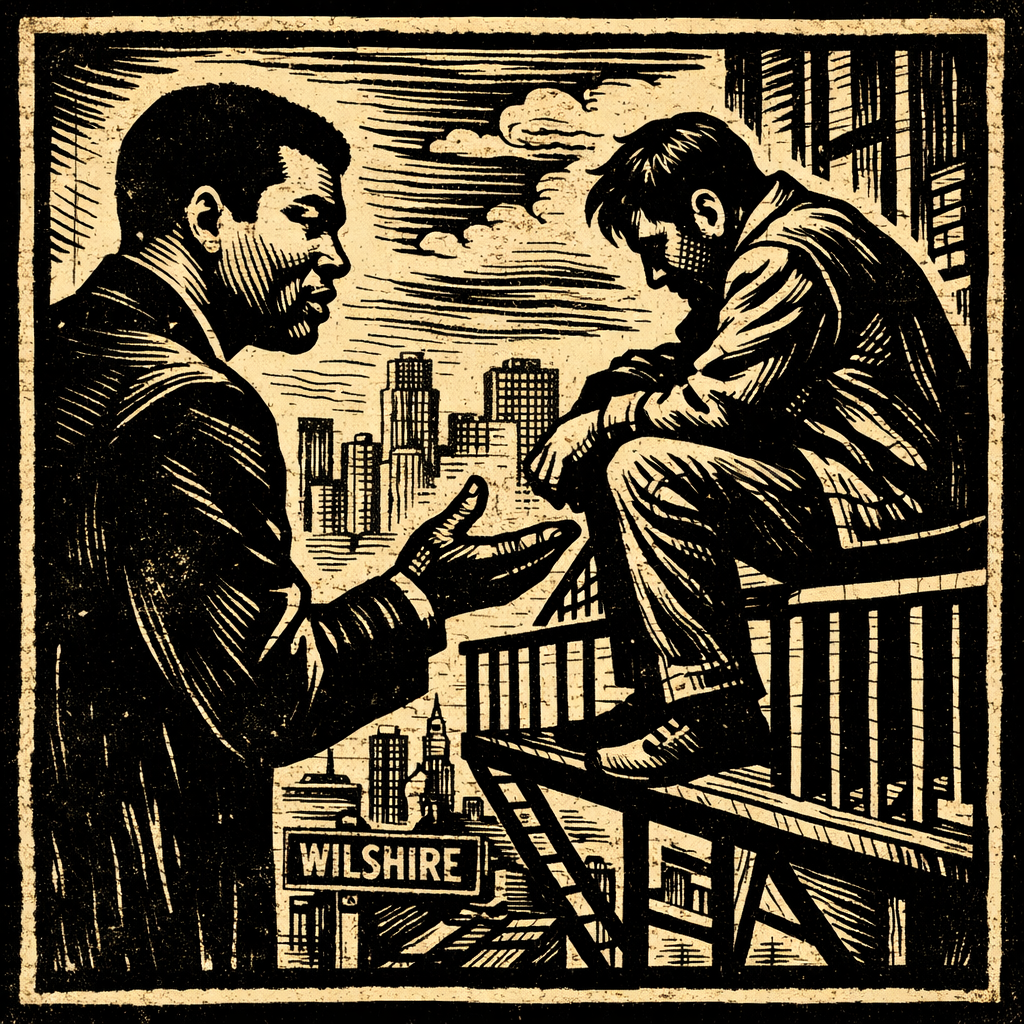The Man Who Saved a Billion Lives
December 10, 1970 - Norman Borlaug received the Nobel Peace Prize on this day for his ground-breaking development of a wheat strain that helped Pakistan and India double their wheat yield between 1965 and 1970.
Borlaug got his PhD in Plant Pathology and Genetics from the University of Minnesota. He credited his grandfather for instilling an appreciation of education in him. The elder Borlaug told him, "You're wiser to fill your head now if you want to fill your belly later on."
During the Great Depression, Borlaug worked in the Civilian Conservation Corps where he experienced firsthand how hunger impacted his fellow man.
"I saw how food changed them. All of this left scars on me." - Norman Borlaug
In the early 1940s he was doing research at Dupont on bactericides, fungicides and pesticides, but that work was cut short when World War II broke out. Borlaug was assigned to special projects for the U.S. military, including one where he invented a glue that could resist corrosion, even in saltwater. The adhesive was used extensively on packages of food and medicine that were airdropped into the ocean and swamps to keep soldiers on the front lines fed and equipped with life-saving supplies.
In the 50s and 60s, Borlaug committed himself to perfecting a dwarf wheat variety that could withstand disease and insects. The strains Borlaug developed and bred are credited with saving over a billion people worldwide from starvation.
Borlaug died in 2009 at the age of 95. His children released this statement:
"We would like his life to be a model for making a difference in the lives of others and to bring about efforts to end human misery for all mankind."





